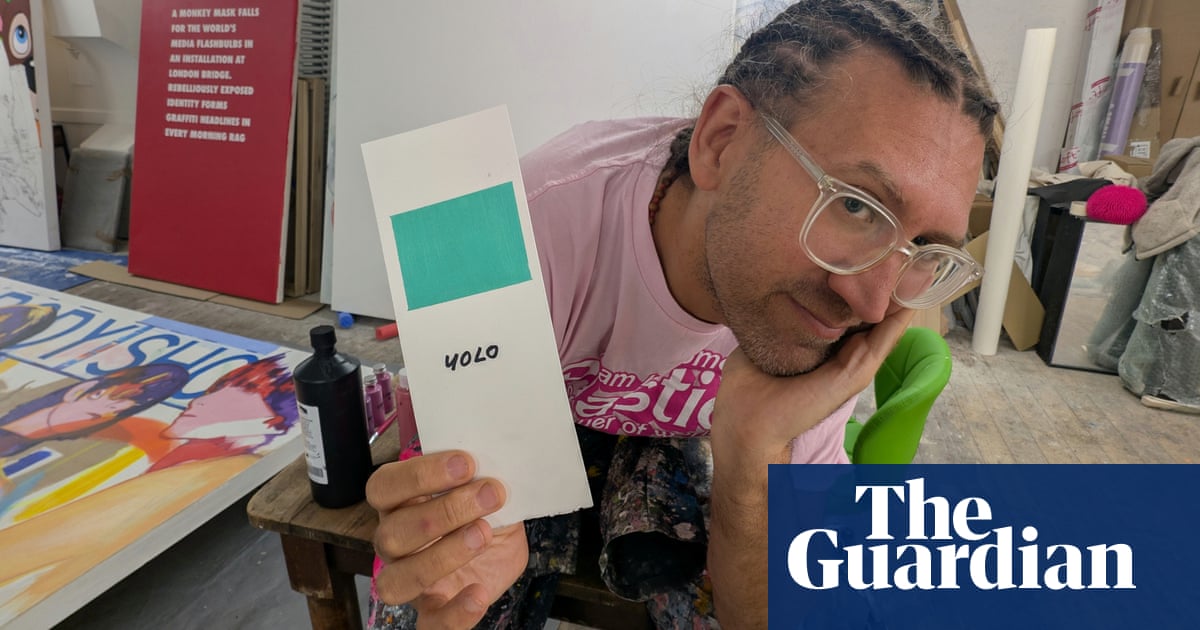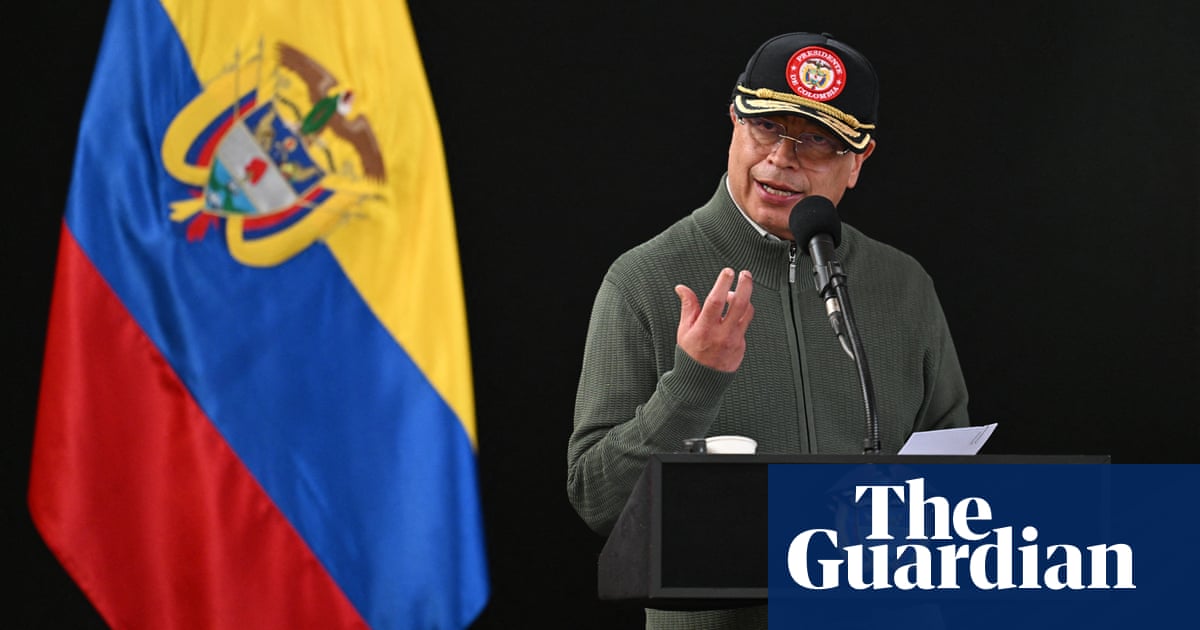A Texas man convicted of fatally strangling and stabbing a young mother more than 20 years ago was executed on Wednesday evening.
Moises Sandoval Mendoza received a lethal injection at the state penitentiary in Huntsville and was pronounced dead at 6.40pm, authorities said. He was condemned for the March 2004 killing of 20-year-old Rachelle O’Neil Tolleson.
After a spiritual adviser prayed over him for about two minutes, Mendoza apologized repeatedly to the victim’s parents and relatives present, calling to each by name. “I am sorry for having robbed you of Rachelle’s life,” he said, addressing the woman’s parents, two brothers, a cousin and an uncle who were watching through a window from an adjoining room.
He also said he had robbed Tolleson’s daughter of her mother, adding: “I’m sorry for that. I know nothing that I could ever say or do would ever make up for that. I want you to know that I am sincere. I apologize.” The daughter wasn’t present for the execution.
He then spoke briefly in Spanish, addressing his wife, his sister and two friends seated and watching through a window from another witness room. “I love you, I am with you, I am well and at peace,” he said in Spanish, his words provided in a transcript in English translation. “You know that I’m well, and everything is love,” he added.

As the injection began, he could be heard making two loud gasps and then began snoring. After about 10 snores, all movement stopped and he was pronounced dead 19 minutes later.
Prosecutors say Mendoza, 41, took Tolleson from her north Texas home, leaving her six-month-old daughter alone. The infant was found cold and wet but safe the next day by Tolleson’s mother. Tolleson’s body was discovered six days later, left in a field near a creek.
Evidence in Mendoza’s case showed he also burned Tolleson’s body to hide his fingerprints. Dental records were used to identify her, according to investigators.
Pam O’Neil, the victim’s mother, told reporters after witnessing Mendoza’s execution that it could not undo the loss of her daughter. Reading from a statement, she said of Mendoza: “He’s been on death row 20 years. That ended today. He was put to sleep. He felt no pain. I wish I could say the same about my daughter’s death.”
As Mendoza’s relatives and friends left the prison, they appeared distraught and embraced one another.
Earlier Wednesday, the US supreme court denied a request by Mendoza’s attorneys to stop his execution.
Lower courts had previously rejected his petitions for a stay. The Texas board of pardons and paroles on Monday denied Mendoza’s request to commute his death sentence to a lesser penalty.
Mendoza’s attorneys had told the supreme court he had been prevented by lower courts from arguing that he had been denied effective assistance of counsel earlier in the appeals process.
Mendoza’s lawyers allege that a previous appeals attorney, as well as his trial lawyer, had failed to challenge critical testimony by a detention officer, Robert Hinton. That testimony was used by prosecutors to persuade jurors that Mendoza would be a future danger to society – a legal finding needed to secure a death sentence in Texas.
Mendoza’s lawyers allege the officer, who worked in the county jail where the prisoner was being held after his arrest, gave false testimony that Mendoza had started a fight with another prisoner. Mendoza’s lawyers say the other prisoner now claims in an affidavit that he believed detention officers wanted him to start the fight, and he was later rewarded for it.
“There is no doubt the jury was listening. During its deliberations, the jury specifically asked about Mendoza’s ‘criminal acts while in jail,’ including the ‘assault on other inmate,’” Mendoza’s lawyers said in their petition to the supreme court. “As evidenced by the jury’s notes, there is a reasonable probability that trial counsel’s error in failing to investigate Hinton’s testimony affected the result.”
But the Texas attorney general’s office told the supreme court that Mendoza’s claim of ineffective assistance of counsel has already been found by a lower federal court to be “meritless and insubstantial”.
Even if the detention officer’s testimony were eliminated, the jury heard substantial evidence regarding Mendoza’s future dangerousness and his long history of violence, especially against women, including physically attacking his mother and sister and sexually assaulting a 14-year-old girl, according to the attorney general’s office.
“Finally, given the extreme delay in this two-decade-old case, the public interest weighs heavily against a stay. The State and crime victims have a ‘powerful and legitimate interest in punishing the guilty,’” the attorney general’s office said in its petition.
Authorities said that in the days before the killing, Mendoza had attended a party at Tolleson’s home in Farmersville, about 45 miles (72km) north-east of Dallas. On the day her body was found, Mendoza told a friend about the killing. The friend called police and Mendoza was arrested.
Mendoza confessed to police but couldn’t give detectives a reason for his actions, authorities said. He told investigators he repeatedly choked Tolleson, sexually assaulted her and dragged her body to a field, where he choked her again and then stabbed her in the throat. He later moved her body to a more remote location and burned it.
Mendoza was the third prisoner put to death this year in Texas, historically the nation’s busiest capital punishment state, and the 13th in the US.

 4 hours ago
3
4 hours ago
3













































